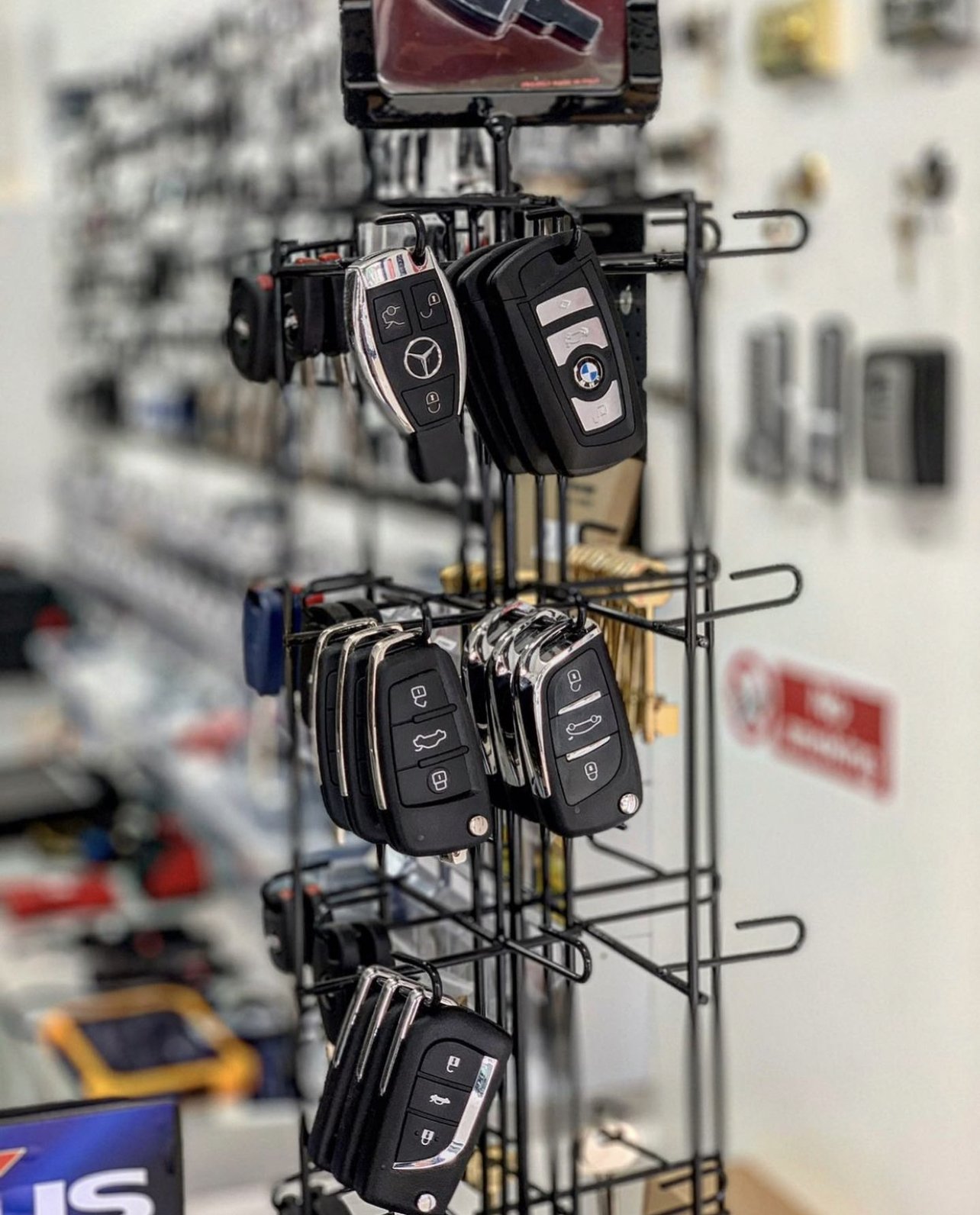Comprehensive Guide to Car Door Lock Repair: Troubleshooting and Solutions
The integrity and performance of a vehicle's door locks are vital for both the security of the car and the safety of its occupants. Car door locks can experience a range of problems, ranging from minor mechanical problems to finish failures. This short article looks for to supply an informative summary of car door lock repair , describing typical issues, diagnostic procedures, and solutions.
Understanding Car Door Locks
Before delving into repair procedures, it is essential to understand the parts of a normal car door lock. There are 2 primary types of locks: mechanical and electronic.
Elements of a Car Door Lock System
- Lock Cylinder: The part where the key is placed.
- Latches: Mechanisms that hold the door shut.
- Actuator: Electric motor in electronic locks that helps in locking and opening.
- Linkage: Connects the lock cylinder to the lock.
- Remote Key Fob: In electronic systems, this is utilized to lock and unlock the doors from a distance.
Common Issues with Car Door Locks
Car door locks can stop working for a wide variety of reasons. Here are some common problems experienced by vehicle owners:
- Sticking or Frozen Locks: Especially in winter, locks can become challenging to operate.
- Lock Not Engaging or Disengaging: Both mechanical and electronic locks can deal with concerns where they do not respond to the key or remote.
- Key Jams: The key may get stuck in the lock, making it impossible to lock or unlock the door.
- Remote Malfunction: In electronic systems, the key fob may not work due to battery issues or programming issues.
- Physical Damage: Vandalism or accidents can harm the lock mechanism.
Troubleshooting Car Door Lock Issues
When a car door lock is not working correctly, it is very important to diagnose the problem precisely before proceeding with a repair. Below are actions that can assist fix the concern:
Step-by-Step Troubleshooting
Visual Inspection:
- Check the door lock and surrounding elements for visible damage.
- Examine the key for wear and tear.
Test the Key:
- If the lock is sticking or not engaging, attempt using a spare key if offered.
- Make sure the key is clean from dirt and particles.
Check the Actuator:
- Listen for any sounds when pushing the key fob. A clicking sound might show a malfunctioning actuator.
Examine Door Wiring:
- Check the electrical wiring that links the door lock to the vehicle's electrical system.
- Try to find detached or torn wires.
Temperature Influence:
- If the lock is sticking in winter, apply lithium grease to assist oil the mechanism.
Repairing Common Door Lock Issues
Once the issue has been identified, the repair can start. Here are some typical repair methods for numerous issues:
Fixing a Sticking or Frozen Lock
- Cleaning up: Use a graphite lubricant or silicone spray to tidy and lube the mechanism.
- Heating: If frozen, utilize a hairdryer to warm the area around the locking system thoroughly, avoiding getting too hot.
Fixing a Lock Not Engaging/Disengaging
Lock Cylinder Replacement:
- If the lock cylinder is worn, think about replacing it. This typically involves spying off the door panel to access the lock system.
Actuator Replacement:
- For electronic locks, if the actuator is faulty, it will need replacement. Ensure to detach the battery before trying this repair.
Fixing a Jammed Key
- Extraction Tool: If a key is stuck, use a set of needle-nose pliers to gently pull it out, or a key extractor.
- Lock Lubrication: Apply a little quantity of lubricant to reduce the process.
Remote Key Fob Malfunction
- Battery Replacement: Most remotes have replaceable batteries. Follow the maker's directions to change the battery.
- Reprogramming: Sometimes, the remote requirements to be reprogrammed. Refer to the vehicle's manual for actions to reprogram the key fob.
Physical Damage Repairs
- Door Lock Assembly Replacement: If the lock is physically harmed, complete replacement of the lock assembly may be necessary.
- Professional Help: If not sure about DIY repairs, seek help from a certified mechanic.
Upkeep Tips for Car Door Locks
To lengthen the life of car door locks, routine maintenance is essential. The following practices can help maintain optimal efficiency:
- Regular Lubrication: Apply suitable lubricant to the locks every few months.
- Keep Keys Clean: Regularly clean the car keys to avoid dirt buildup.
- Prevent Excessive Force: Do not utilize excessive force when locking or unlocking; this can trigger damage in time.
- Expect Signs of Wear: Be mindful to any modifications in the lock's performance and address concerns quickly.
FAQs about Car Door Lock Repair
Q: How can I inform if my door lock is broken?A: Common
indications consist of the lock not engaging or disengaging, a jammed key, sounds from the door when using the key fob, or noticeable damage to the lock assembly.
Q: Can I repair a car door lock myself?A: Yes, numerous easy problems can be addressed by following the troubleshooting actions in this article, but complex issues might require expert assistance. Q: What type of lubricant need to I use
for my locks?A: It is best to utilize graphite powder or silicone-based lubricants given that oil can bring in dirt and gunk. Q: How much does it usually cost to change a car door lock?A: The cost can differ commonly
based upon the vehicle's make and model, however typical replacement costs
can vary from ₤ 100 to ₤ 300, consisting of labor. vehicle lock repairs can appear daunting, but comprehending the elements and common problems can make the procedure much more workable. Whether dealing with small repairs yourself or looking for expert assistance for more significant problems, keeping the door locks working effectively is essential for vehicle security and safety. Routine maintenance and prompt attention to problems can substantially extend the life of your car's locking system.

